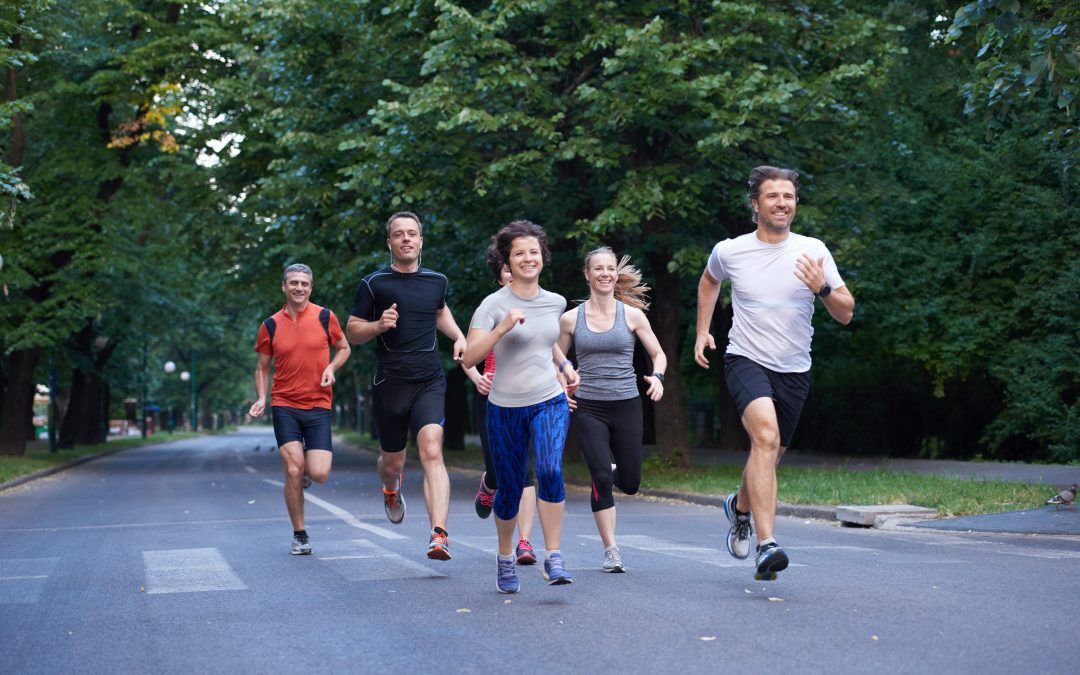
Discover how we diagnose an ingrown toenail and when to seek help if you think you have one. Our urgent care near you offers walk-in service 7 days a week.
Sevierville offers some beautiful hiking trails, like Porters Creek Trail with its waterfalls and historic sites, or Seven Islands State Birding Park for wildlife enthusiasts. However, frequent hiking, especially on uneven terrain, can put pressure on your feet and cause ingrown toenails, which may lead to painful infections. If you’re hiking regularly, it’s important to care for your toenails to avoid this common foot issue.
If you’ve ever had an ingrown toenail, you know how painful it can be, but understanding what causes an ingrown toenail can help you avoid future occurrences. While anyone can get an ingrown toenail, certain habits and conditions make it more likely.
What Causes Ingrown Toenails?
Improper Nail Trimming
One of the most common causes of ingrown toenails is cutting your nails incorrectly. When you trim your toenails too short or round the edges, it encourages the nail to grow into the surrounding skin. This can lead to pain and irritation as the nail digs deeper. The best practice is to cut them straight across and avoid cutting them too short. If you leave a little bit of the white nail visible, you’re less likely to develop an ingrown nail.
Wearing Tight or Ill-Fitting Shoes
Another major cause of ingrown toenails is wearing shoes that are too tight, especially in the toe area. When your shoes squeeze your toes together, it puts pressure on the nail, pushing it into the surrounding skin. Look for shoes with a wide toe box that gives your toes plenty of room to move. Avoid high heels and pointed shoes that force your toes into unnatural positions.
Toe Injuries
Trauma to the toe, like stubbing it or dropping something heavy on it, can cause the nail to grow unevenly or become damaged. This uneven growth can make it more likely for the nail to become ingrown. If you injure your toe, keep an eye on it as the nail grows back. You might want to soak it regularly to soften the skin and help the nail grow properly.
Genetics
Unfortunately, some people are more prone to ingrown toenails simply due to their genetics. If your toenails naturally curve or are wider than average, you may be more likely to develop an ingrown toenail.
Other Contributing Factors
If you’re an athlete or someone who spends a lot of time on your feet, the repetitive stress and pressure on your toes can also increase your risk. Activities like running, soccer, or even dancing can put a strain on your feet, which may lead to ingrown toenails over time.
Can Medical Conditions Cause Ingrown Toenails?
Yes, certain medical conditions can make you more susceptible to ingrown toenails. People with diabetes or poor circulation are at a higher risk of complications from ingrown toenails because their bodies have a harder time healing. If you fall into this category, it’s important to take extra care of your feet and address any foot issues early.
How Do I Prevent Ingrown Toenails?
Preventing ingrown toenails involves a combination of good foot care habits and paying attention to the signals your body gives you. Here are a few ways to reduce your risk:
- Trim your nails properly: As mentioned before, cutting your nails straight across is key. If you’re unsure how to do this or find it difficult to reach your toes, consider getting professional pedicures or asking a podiatrist for help.
- Wear comfortable shoes: Shoes that provide plenty of space for your toes can help prevent pressure that leads to ingrown nails. If your shoes are too tight or uncomfortable, your toenails are more likely to grow into the skin.
- Practice good foot hygiene: Keeping your feet clean and dry can help reduce your risk of developing foot issues, including ingrown toenails. After showering or swimming, make sure to dry your feet thoroughly, especially between your toes.
If you do notice any discomfort or signs of an ingrown toenail, address it early. Simple home remedies like soaking your foot and lifting the nail can help prevent the issue from getting worse. However, if the pain persists or the area becomes infected, visit us at AFC Sevierville for prompt and effective medical attention to avoid more serious complications.